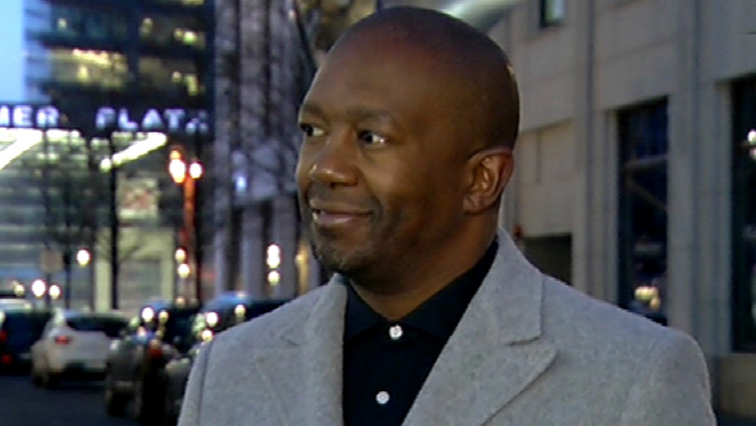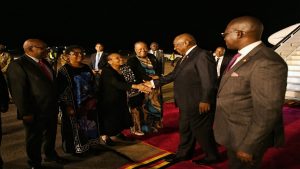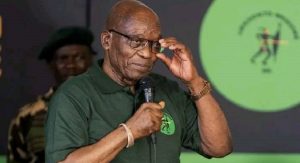CEO of South African Tourism, Sisa Ntshona, says they have allocated R200 million relief package for small businesses in the industry that have been affected by COVID-19.
Ntshona says to qualify for the fund businesses should not have a turnover of more than R5 million per annum and have been in business for at least one year.
Businesses asking for relief will also be assisted by SA tourism on a case-by-case basis. SA tourism says they are already receiving thousands of applications and will only accept online applications.
Below is a graph of the lockdown economic measures:

Loading…
“The fund itself is actually a grant and its targeting the survivalist SME if I can put it like that. It is capped at R50 000 per application. So, businesses that are struggling before and had other issues, those would not qualify. But those that say we were up and running and have had X cancellations and as an impact of this can apply for that. And the fund is capped at R200 million. That’s for now,” explains Ntshona.
Video below showcases that eligible businesses encouraged to apply for COVID-19 tourism relief fund:
SA business confidence index
South African business confidence dropped to its lowest in seven months in March as the global COVID-19 pandemic impacted vehicles sales and saw the rand currency weakens.
The South African Chamber of Commerce and Industry’s (Sacci) monthly business confidence index (BCI) fell to 89.9 in March from 92.7 in February.
In this video, SABC News asks Citibank Economist Gina Schoeman if SA could return to its investment grade from junk status:
March reading lowest since August 2019
South African President Cyril Ramaphosa imposed a nationwide lockdown at the end of March to curb the spread of the new coronavirus.
The lockdown crashed domestic demand at a time when the economy had already slipped into a recession.
“The economic effect of the COVID-19 on trading partners and lately on the South African economy became more evident and pronounced towards the end of March 2020,” Sacci said in a statement.
“The COVID-19 outbreak will make it difficult to attend to structural economic matters in the short-term.”






